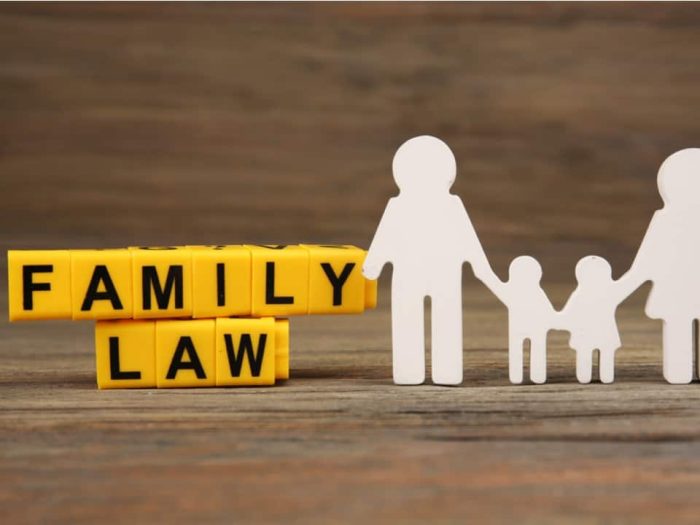
Divorce and separation are emotionally difficult and often financially demanding. Divorce is often a complex and messy process, and there can be a huge amount to untangle. But there are a range of options for legal advice when it comes to divorce, helping you to navigate the process step by step.
So, which is the most appropriate? In this article we’ll examine the options available for divorce legal advice.
Divorce legal advice
There’s a variety of reasons to get legal advice. You should seek legal advice ASAP if,
- You have many assets, like properties or investments
- You aren’t sure of what would constitute a fair settlement
- You are at risk of domestic violence, or being made homeless by your ex-partner
- Your ex-partner is withholding access to your children
- You are in a vulnerable financial position compared to your ex-partner
So, what options exist for legal advice? In this article we’ll examine what approaches you can take when it comes to legal advice for separation.
Solicitor
A family law solicitor or lawyer can be an incredible asset when it comes to a separation or a divorce. The job of a solicitor is to advocate on your behalf, both in negotiation with your ex-partners solicitor, and in a court (if the situation goes that far).
A solicitor will,
- Discuss all available options, including dispute resolution and meditation
- Explain the process in-depth, ensuring you know exactly what is happening with each step
- Fill out necessary forms, starting the divorce for you
- Help you avoid going to court by formulating an agreement with your ex-partner
- Provide clear, concise advice regarding legal issues, and matters such as where people will be living, and the future arrangements for children
If the situation progresses to court, then your solicitor will represent your case.
Family law solicitor will vigorously examine your case. They will examine why you are looking for a divorce, closely look at any problems that you have with your partner, and whether you are at risk from your ex-partner. They will also look at the situation of any children who are involved.
Collaborative Family Lawyer
Collaborative family lawyers can help to facilitate an agreement between you and your ex-partner through a series of meetings. Both you and your ex-partner will have your own lawyer. This process is also known as a collaborative divorce, and it is often an excellent alternative to the traditional court process.
Collaborative divorce has both parties (and their solicitors) sign an agreement to work on the process and find a solution without going to court. These four-way meetings take place with the lawyers present.
Collaborative law allows for consistent access to divorce processionals like the solicitor but also financial advisors and consultants. There is no timetable (as with a court process) and in the long-term can often facilitate very effective agreements. It can also really help to reduce legal costs, but also the emotional and stressful issues caused by the traditional divorce process.
Collaborative divorce is different to mediation, which involves a single mediator working between the two parties trying to find common ground. Any agreement made in mediation will still need to be approved by a court.
Arbitration
Family arbitration will see you and your ex-partner appoint an arbitrator. The arbitrator will make a decision that’ll be final and binding between both parties. This decision will involve financial and property disputes, as well as any child related issues.
Arbitration is a flexible, confidential service that ensures both you and your ex-partner have a say in the proceedings. Both parties have an independent arbitrator who will hear all of the relevant evidence and work to achieve a decision that binds both parties.
Arbitration will not always be suitable. In situations where you require evidence from a third party, or that you believe your partner may intend to hide financial assets, arbitration will be an inappropriate option. However, in the majority of cases arbitration is an excellent option and a fantastic alternative to going to court.
What option is for me?
So, which of these should I pick? In any case, you will always want to go with a service that is,
- Qualified and accredited
- Experienced in family law
- Locally respected
- Has a good ethos
- Who is doing the work – is the solicitor doing the work, or are they delegating to a trainee?
But beyond this, you’ll need to look at the specific factors and complexities of your case.
- The duration of your marriage
- Whether or not you have children
- Whether or not you jointly own property
- Whether or not you have jointly owned assets and debts
- Whether or not domestic violence is involved
In the more extreme cases, options like collaborative divorce and arbitration simply aren’t viable.